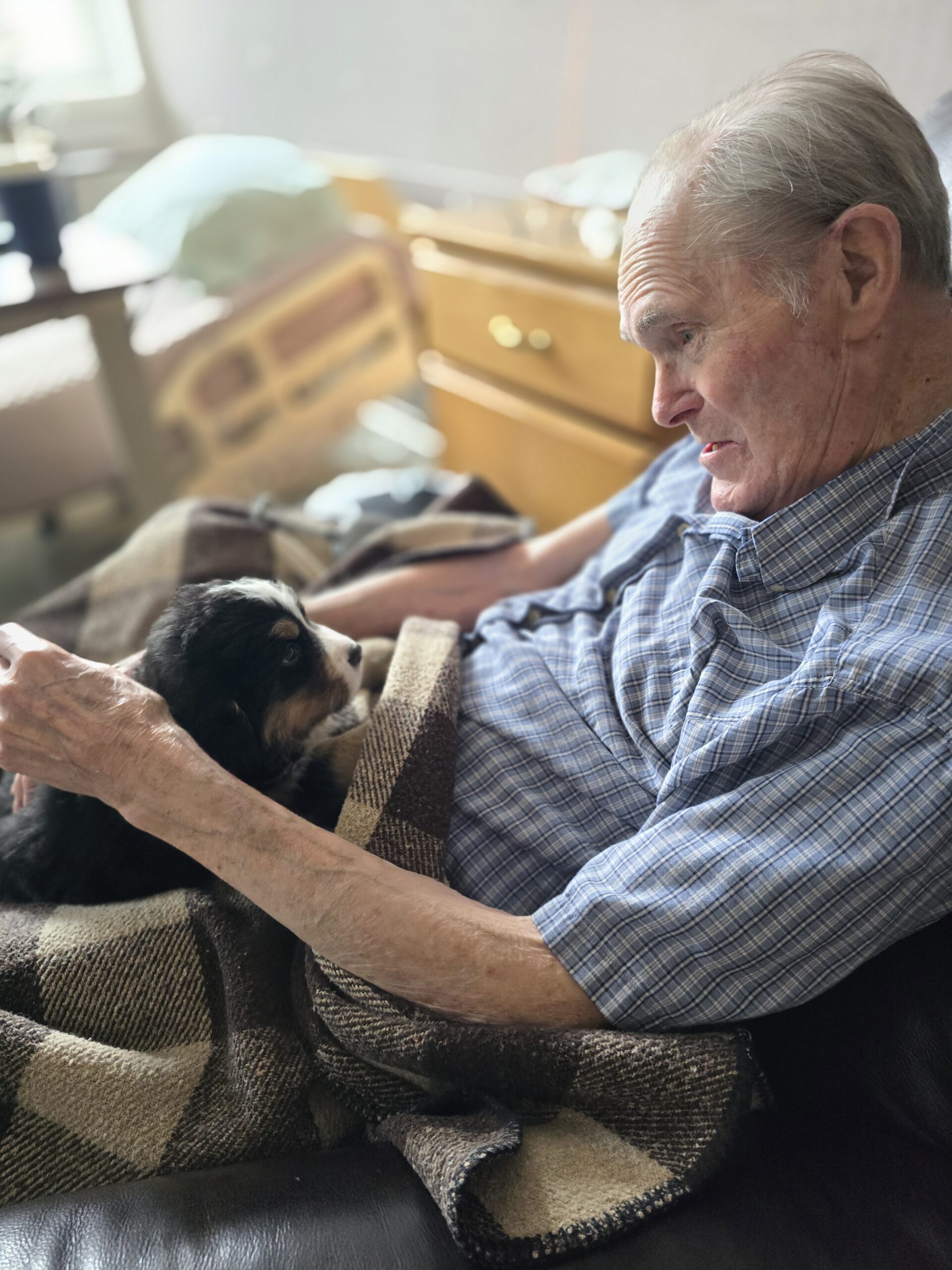The Wyoming Office of Rural Health Facilitates a Peer-to-Peer Grant Writers Collaborative. This group meets quarterly and if you are interested please email Sharon.Weber@wyo.gov
Finding a Grant
Cynthis Lummis, Funding Opportunities
US Grants – Wyoming Department of Health
WY Dept of Health, Community Living
WYGAP – Wyoming Grant Assistance Program
Available Grants
Wyoming Breast Cancer Initiative – Community Grants open December 1, 2025 – January 31, 2026. Grant funding categories include education and awareness, screening & diagnostic services, patient navigation, and survivor support services.
Wyoming Breast Cancer Initiative—Organizational Mini Grants, open all year. This is a mini-grant program for organizations that require funding of $2,500 or less for breast cancer-related projects. The reporting requirements for Mini Grants are minimal, and we will accept applications anytime throughout the year.
Dental Trade Alliance Foundation Grant – Due Date: November 30, 2025, Up to $25,000. Provides seed funding for pilot projects that increase access to and utilization of oral healthcare. Projects should be innovative, scalable, and sustainable with the potential to attract future funding.
Funding Priorities:
- Innovative oral health solutions
- Programs improving access for underserved communities
- Efforts supporting access to dental careers
- Corporate social responsibility initiatives
Eligibility: Nonprofits, universities, dental organizations, and community groups. Projects must be new and not existing services or clinics.
Rural Economic Development Loan & Grant Program in Wyoming – The Rural Economic Development Loan and Grant programs provide funding for rural projects through local utility organizations. USDA provides zero-interest loans to local utilities, which they, in turn, pass through to local businesses (ultimate recipients) for projects that will create and retain employment in rural areas.
USDA provides grants to local utility organizations, which use the funding to establish Revolving Loan Funds (RLF). Loans are made from the RLF to projects that will create or retain rural jobs. When the RLF is terminated, the grant is repaid to USDA.
USDA Community Facilities Direct Loan & Grant Program Applications – The Department of Agriculture (USDA)’s Rural Development opened its applications for its Community Facilities Direct Loan & Grant Program. This program provides affordable funding to develop essential community facilities in rural areas, including rural hospitals and healthcare providers. Please find the factsheet here.
Agricultural Health and Safety Emerging Issues Grant Program
- Grants for short-term projects for emerging agricultural health and safety issues that are defined as health risks that are new or have a rapidly expanding impact in the immediate or near future.
- Geographic coverage: Colorado, Montana, North Dakota, South Dakota, Utah, Wyoming
- Applications are accepted on an ongoing basis
- Read More
- The PAN Foundation supports patients with, financial assistance across a broad portfolio of funds spanning more than 80 disease areas, helping to cover copay, premium, and transportation costs; advocacy for improved healthcare access, affordability, and equity for all so that people can live the lives they deserve; Education that breaks down complex topics to empower patients to make informed decisions in their healthcare journey.
- To learn about a specific disease fund and check eligibility online,
- visit panfoundation.org/funds.
- FundFinder: This free app tracks the status of over 200 assistance funds across nine foundations, including the PAN Foundation. Like the wait list, you can sign up to be notified by text or email as soon as funding is available. You can also search for patient support organizations. Anyone can sign up at fundfinder.org, and it’s completely free.
- Transportation grants: They offer transportation grants to help you pay for transportation to and from activities that improve your overall health. You may be eligible for a transportation grant if you have an approved PAN Foundation grant. Learn more at panfoundation.org/transportation.
- Applications accepted on an ongoing basis
Sources for Data and Background
AHRQ’s Interactive Data Visualization
CDC Rural Public Health At-a-Glance
Economic Analysis Division (WY)
National Association of Rural Health Clinics
National Rural Health Association (NRHA)
Relevant datasets with rural variables on RHIhub
Rural Health Information Hub (RHIhub): Repository of information pertaining to rural America
Rural Health Resources, including the Rural Health Mapping Tool
Rural Health Research Gateway: Research regarding rural health
This website is supported by the Health Resources and Services Administration (HRSA) of the U.S. Department of Health and Human Services (HHS) as part of awards to the State Office of Rural Health, the Wyomlng Primary Care Office (PCO), the Medicare Flexibility (Flex) Program and the Small Rural Hospital Improvement Program (SHIP). The contents are those of the author(s) and do not necessarily represent the official views of, nor an endorsement, by HRSA, HHS, or the U.S. Government. For more information, please visit HRSA.gov.

